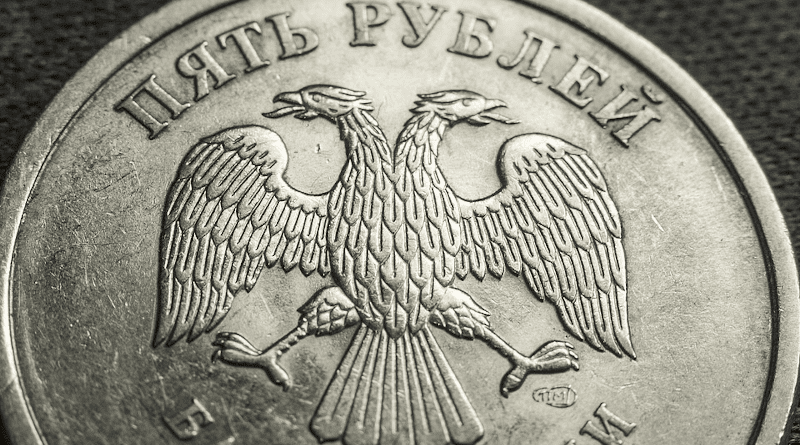Mobilization’s Economic Impact Even More Serious Than That Of Start Of Putin’s War In Ukraine – OpEd
By Paul Goble
Russians are accustomed to speaking that this or that event means that after it they have “awoken in another country,” Vladislav Inozemtsev says. But that sense of being at a watershed is entirely true for Putin’s partial mobilization which will have “more significant impact” on the economy than even the start of the war did.
“Today it is clear that the authorities want to treat the population like cattle but that they are constrained from doing so above all by the expectation that the cattle may react,” the Russian economist says. That is why they are seeking to mobilize people “in distant regions, rural areas and small cities” (theins.ru/opinions/inozemtsev/255405).
Inozemtsev points out that “there are already examples from the Far East, from Buryatia or Sakha where nearly half of the male population from some villages are assembling at the collection points,” an indication “the already long-stagnating local economy is on the verge of collapse,” with “thousands of families left without income and smaller businesses left to die.”
That alone suggests that the Russian GDP this year will fall not the four or five percent that most were predicting before the declaration of mobilization but ten percent or more by the end of 2022, he says. If the regime risks extending callups to the cities where the economy is more active, the consequences will be even more dire.
So far, the military has been seeking people at their places of residence, allowing them to move about and escape the summons by moving or even fleeing abroad; but it is likely that the authorities will soon go after people at work, something that will harm the economy further because men will stop showing up at work.
Other reasons for assuming mobilization will harm the economy is that it will sharply increase the amount of corruption in the system, require the raising of taxes and thus driving more economic activity into the shadow sector, and leave the population with ever less income to spend and keep the economy moving.
The Russian stock market has already taken note of this and fallen 15.5 percent in the first week since Putin’s announcement, Inozemtsev continues; and it is likely to fall far further before the end of the year, reducing the possibilities for raising money in this capital market and thus reducing investment still further.
And all of that will only be intensified by the certainty of a new wave of sanctions.
What will increase is the number of caskets coming home from the war, something that Inozemtsev argues will nullify the authority of the powers that be “even more effectively than the elimination of term limits on the president in 2020. Indeed, that is evident from the rise of what should be described as “the women’s revolution.”
The actions of women have become “the very greatest threat for the powers in the conditions of the continuing war in Ukraine: men in Russia in significant numbers long ago lost their feeling of self-preservation and ability to separate themselves from the passive masses, but women instinctively feel” the costs of the war and are speaking out.
By announcing mobilization, Putin effectively “terminated the existing contract with the country.” He hasn’t given the country either freedom or economic growth in exchange for the right to act in an unconstrained way. Instead, he has taken first the one and then the other from the Russian people, Inozemtev says.
And in conclusion, the economist points out that “the redistribution of wealth through theft and corruption over the last 20 years” has been far less than the cost of the war Putin is waging now. The cost of Putin’s palace amounted to less than two days of what the war is costing Russia now.

